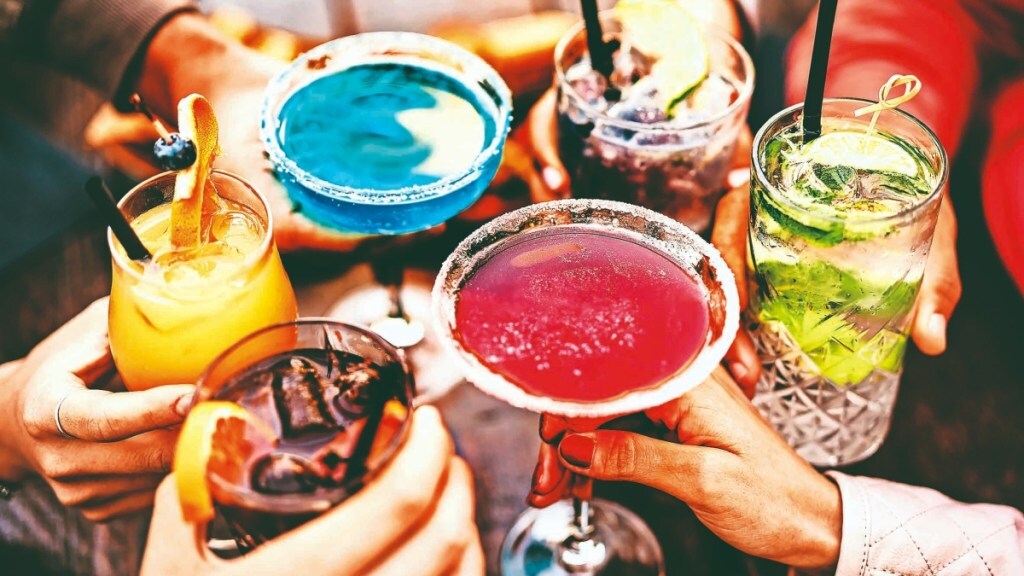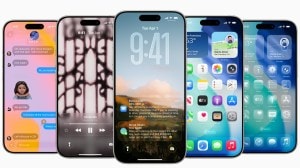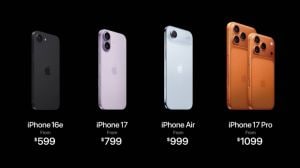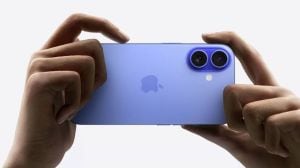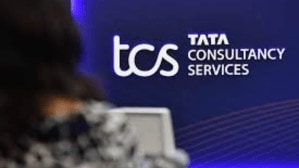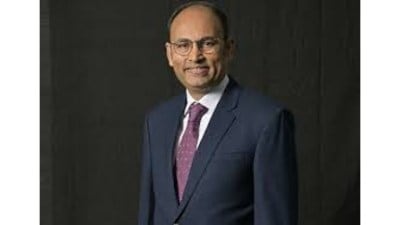Gone are the days when teetotalers or those eschewing alcohol would be relegated to club soda, sugary juices and soft drinks, or simply plain water, while attending a party or social gathering. Now, thanks to the emergence of new brands and options, you can guzzle and relish ‘spirits’, be it beer, gin, rum or whisky, but without the alcohol and the headaches or hangovers associated with them.
These ‘spirits’ are distilled and made akin to an alcoholic product, with the same botanicals, flavours and processes; the only difference is the absence of ethanol as a component, says Vansh Pahuja, founder of Sober, a non-alcoholic spirit brand from Delhi-based V9 Beverages.
“They are 100% alcohol-free,” says Pahuja, 30, adding that that flavour is created from botanicals. For instance, gin’s flavour comes from juniper berries, mock whisky has American oak, vanilla and clove, and rum’s taste is derived from cocoa beans, star anise and angelica roots, among other ingredients.
“Every spirit has a base ingredient. When you make the flavours of those ingredients, you typically end up getting a similar tasting spirit, just without the alcohol,” explains Rakesh Sheth, founder and managing director of &Stirred, a cocktail mixer brand based in Gurugram.
Mock alcohols are, however, a quite a nascent category in India. “There are local brands and imported ones as well but they are very insignificant at this stage,” says Sheth. Similar to beer, which is an acquired taste, ‘mock’ beer, too, will take its own time, he adds.
At the same time, the challenge also lies in creating a non-alcoholic spirit like vodka, which has a neutral flavour. So makers tend to create options with flavours, otherwise “neutral vodka will be nothing but distilled water”, as per Sheth. “So there are always some botanicals used for vodka, such as the Absolut flavoured mandarin vodka or Smirnoff green apple,” he adds.
Mocktail rush
Mocktail, the non-alcoholic version of a cocktail, has a parallel market growing in India as alcohol. Industry experts claim it is the third largest category now after carbonated beverages, juices and the regular colas and project that the demand is only going to increase.
“There is surely a consumer who patronises mocktails. In India, we have a decent percentage of people who choose not to drink alcohol. They have similar social settings and are connecting with them,” says Sheth of &Stirred.
While there is no formal distinction between mocktails and those falling under the non-alcoholic beverages category, the companies in the business say it is more to do with the drinks that people want to have with a cocktail-like premium experience without the alcohol. Be it health or personal reasons or just a choice to be sober, mocktails can be for everyone.
“The market for non-alcoholic cocktails and beers is growing at a magnum scale worldwide. We are still in a very early stage in India. However, the early adoption has been quite phenomenal,” says Pahuja of Sober.
While mocktails was considered a niche category a few years ago, market experts say even the multinational alcoholic beverage brands have been turning to it now. “It’s so huge that most of the international players are also now getting into mocktails,” says Nimish Solanki, CEO and co-founder of Mumbai-based non-alcoholic beer brand 3SistersDrinks, and mocktail and cocktail mixer brand Aruba.
“If you see brands like Absolute, which is a signature cocktail brand, they also launched mocktails recently. If we talk about Diageo, United Spirits or Budweiser, everyone has launched mocktails. These categories are actually becoming very large in India and worldwide,” he adds.
According to Deepender Singh, co-founder of Bengaluru-based ready-to-drink mocktail startup Swizzle, the carbonated beverage market is colossal, with India alone boasting a market worth $18 billion, and globally soaring to a staggering $445 billion.
Shaken & stirred
What makes these mock drinks stand out from the crowd? Their premium experience, say experts. While it cannot emulate the effects of an alcoholic beverage, it stands quite close to indulging in all kinds of flavours without the alcohol, they add.
However, some say it also depends upon the occasion. “To me, a mocktail is anything where you mock a cocktail. So it replaces a cocktail as a choice when I don’t want to drink alcohol or for whatever reason I choose to refrain from alcohol, but I need the similar experience,” explains Sheth of &Stirred.
“If I am holding a glass of Cosmopolitan at a party without the alcohol, to me, that is a mocktail. But to pick up a bottle of mojito in summer, maybe in a general trade or at a railway station, that won’t be a mocktail to me. It’s about the premium experience,” he adds.
So, does it give the same experience as a cocktail or alcohol? Experts say it cannot replace what alcohol does to the metabolism because it is a spirit, but everything else remains the same.
“The 42.8% alcohol, which we mix in India, is where the difference comes in. But otherwise the hardware is the same, the experience is the same, the taste is the same, the look is also the same. So you are evoking every sense, it is a similar sensual journey but what you miss is the spirit,” says Sheth.
It’s a suitable drink for house parties, sober celebratory occasions and for health conscious people. “Typically it’s a drink for house parties or any kind of celebrations. The target age group is around 16 to 30-35 years old and geography is widespread,” says Solanki of 3SistersDrinks, adding, “When it comes to health, they’re better than regular cola and other sugary drinks and any day better than a cocktail, but it’s everyone’s choice.”
An ‘inclusive’ drink
If anything, these non-alcoholic drinks have certainly enhanced the options, especially for teetotalers. Instead of going for the same old juice or shake, and scrambling for choices, they can rejoice every flavour of a mock cocktail or savour a mock beer or mock gin with their peers.
This also enables the ‘inclusivity’ factor, say experts, allowing everyone to participate in social occasions without feeling left out. Their availability helps reduce the social pressure to consume alcohol. “When non-alcoholic options are presented with the same care and creativity as alcoholic drinks, it normalises the choice to abstain from alcohol in social settings and reduces peer pressure,” says Singh of Swizzle.
Some of these drinks also offer a healthier alternative allowing individuals to enjoy flavourful and sophisticated beverages without the negative health effects of alcohol.
“They contribute to the overall social experience by offering creative and appealing beverages that can be enjoyed in the same way as cocktails. This can enhance social interactions and make events more enjoyable for everyone, regardless of their drinking preferences,” adds Singh.
Their ability to make one feel belong at parties and not deprived of the flavours is their unique selling point. “As a consumer, if I choose not to drink alcohol in a social setting, if I had a choice to hold a glass of martini, or wine, where I could drink a non-alcoholic wine or a sangria, I don’t look like a purple cow. The first thing in a social setting is it allows me to belong. As a consumer, you don’t feel deprived,” says Sheth of &Stirred.
